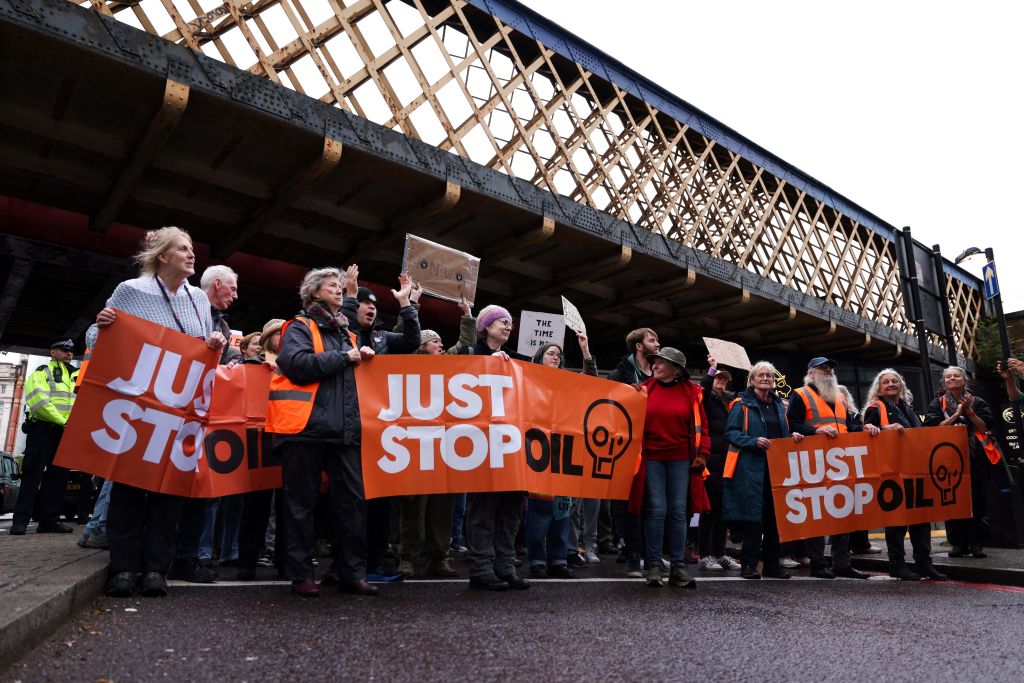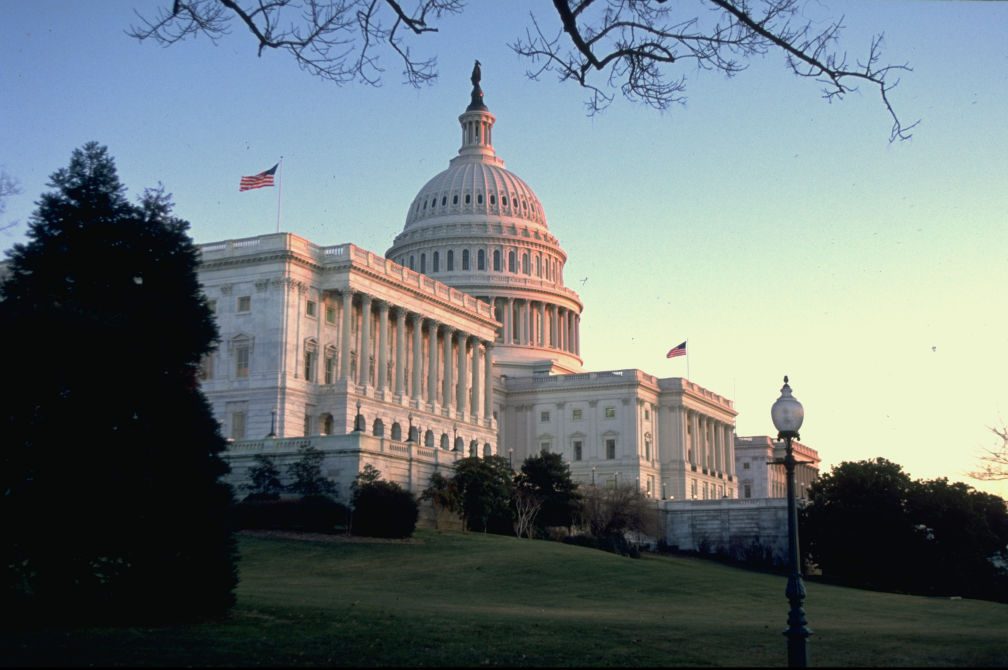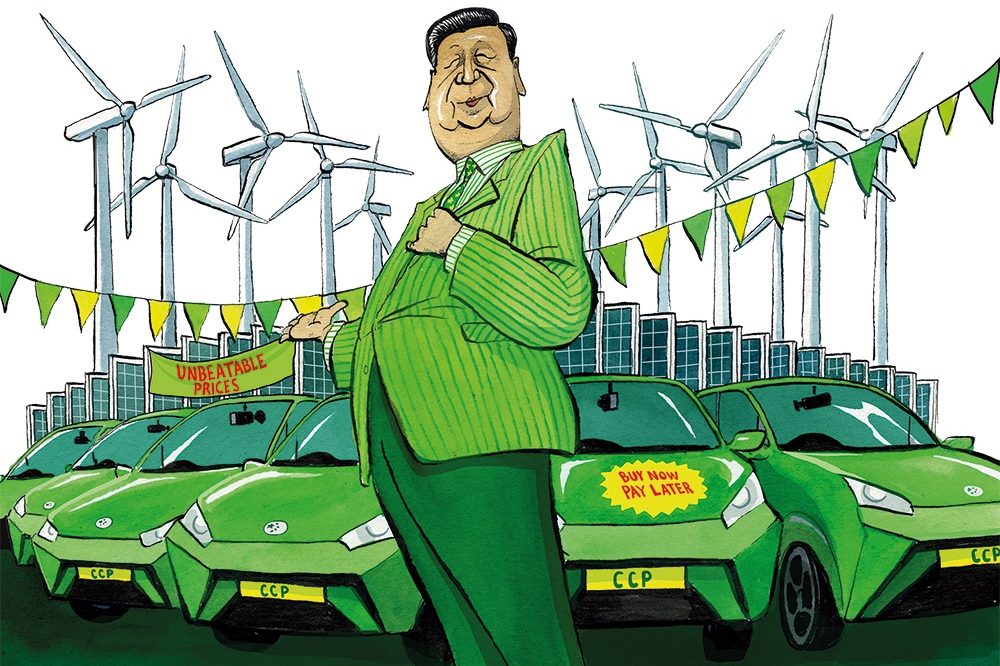“Those who cannot remember the past are condemned to repeat it,” George Santayana wrote in The Life of Reason, published in 1905. The philosopher’s aphorism, somewhat hackneyed after nearly a century and a quarter, and always true only in a limited way, assumes that men are capable of directing history to a certain end, while diverting it from other ones.
Santayana was a very wise man and certainly no ideologue. Nevertheless, his maxim shares something with ideological thinking. Both assume that men are collectively aware of the realities of the present time and their possibilities, capable of determining where they wish their societies to go in future and in what shape or form, and then — with varying degrees of success — guiding them there. But this assumption is palpably untrue, as must be evident to careful, detached and phlegmatic students of history. “Les hommes font l’histoire,” the contemporary French historian Pierre Vermeren has said, “mais ne savent pas l’histoire qu’ils font” — “Men make history but they do not know the history they make.”
We are living in highly ideological, and therefore ahistorical, times in which it is fashionable for social and political critics, virtually all of them on the left, to pass moral judgment on past societies — almost exclusively western ones — for not having made the history that leftists believe they themselves would have made if only they had been in charge at the time, and now on contemporary western countries for not planning in advance the history that the left demands that they make. Hence leftists condemn the history of the Americas made by Europeans and to which the aboriginal Americans contributed substantially, and by no means always in a humane, civilized, peaceful and orderly way. (I write on Indigenous Peoples Day, declared by President Biden in 2021.)
Thus too the protesters against fossil fuels and on behalf of the green agenda argue that the developed world is morally culpable for “climate change” and “global warming,” having launched the Industrial Revolution that began two centuries ago in Great Britain and subsequently plundered, poisoned and disfigured “the Planet,” whose very existence they claim to be at risk, with only a few years or decades remaining to “save” it. Underlying environmentalists’ indictment of capitalism and industrialism is the claim that “we” were free to choose the road not taken 200 years ago by refusing to go the way indicated by the applied sciences and remain instead a pastoral and commercial society, working with nature instead of against it, nurturing it instead of exploiting it.
In 1989, when “climate change” was a concept known mainly to a small number of “concerned” scientists, Bill McKibben published a book whose influence was nearly, if not quite, as great as that of Rachel Carson’s Silent Spring from two decades earlier. Deploring the fact that humanity has become a force of nature in its own right, McKibben insisted that, “We are different from the natural order, for the single reason that we possess the possibility of self-restraint, of choosing some other way. Which brings us again to politics, to the realm where we will make the collective decision on whether or not to restrain ourselves… It’s not that it can’t be done.”
McKibben’s assumption that “it” can be done is a very dangerous as well as an obviously wrong one. It is also the premise of liberalism and liberal societies going back to the eighteenth century, and of every totalitarian system that has descended from liberalism as well. The late Kenneth Minogue explained why in his first book Liberalism, first published in 1961.
The McKibben fallacy, as I wrote in an essay published last year in Modern Age (“God, Man, and Climate Change”), is that the plural personal pronoun “we,” used as a synecdoche for a particular society, people or nation cannot represent a discrete personal agency; “we” as a country, or a species, are a fiction. To say, then, that “we” can make a collective decision about where “we” wish to take society is meaningless. It amounts to a concept as unreal as Rousseau’s hypothetical “social contract,” for which there is no historical evidence whatsoever.
Today, this fallacy is the premise on which the “net-zero” campaign is founded: namely, that societies (“we”) are capable of making a collective decision concerning a) what “our” future ought to be; b) where “we” are going once “we” have agreed on that future; and c) that “we” have the ability to get there. The premise, as I say, is patently false, no matter that it is the historical and moral basis of the modern world, whether democratic or totalitarian. Just as the industrial system was never designed by individuals or societies, so it cannot be reversed by them at will. The belief that the historical facts are otherwise is dangerous because it leaves governments open, on the one hand, to unjustified blame for not having done what was morally right and, on the other, to accusations of their having done what they should have understood at the time was morally wrong. Worse, it encourages them to plan — and attempt to realize — impossibly vast and comprehensive social and political programs that no government has either the moral right or the superhuman competency to undertake, while congratulating themselves for having undertaken them.
Yet the road to hell, as they say, is paved with good intentions. Or, as a Latin master of mine was fond of repeating, “Facilis descensus averno,” kiddies; “Facilis descensus averno!”
This article was originally published in The Spectator’s December 2024 World edition.


























Leave a Reply